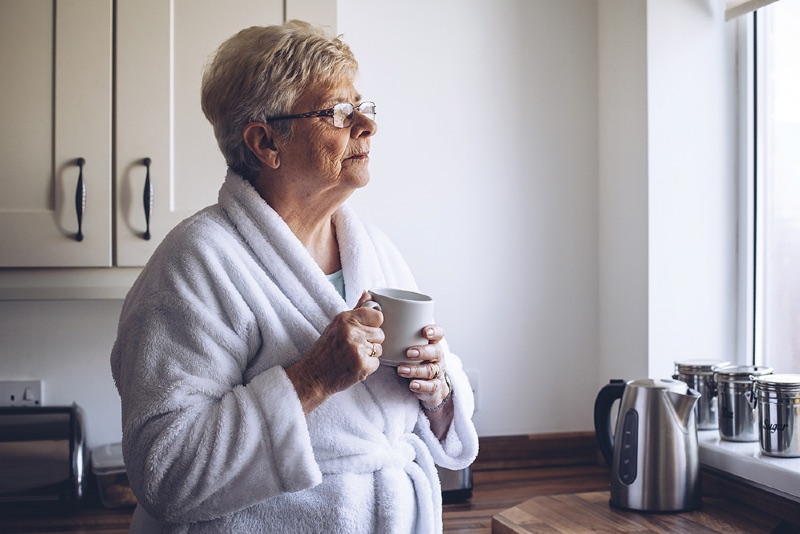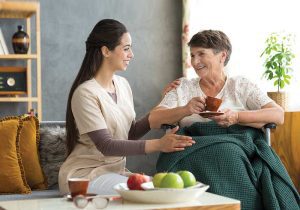By Brandee Cowley, BSN RN
Here we are in the closing month of 2020, and we are all facing the reality that we are still in the middle of a pandemic. SARS-CoV-19, the virus that causes COVID-19, has been a topic of discussion, research, and discontent, and has caused illness and claimed many lives since March 2020. If anyone knew exactly what we were facing nine months ago, our response to the strategies necessary to slow the spread of infection and protect those most vulnerable would have been more proactive.
By now, it is well known that the best way to slow the spread and protect those at higher risk of complications of COVID-19—the elderly, those with comorbidities, and those with weakened immune systems—is practice social distancing, wash your hands often, and stay home when you are sick. Easy enough, but we really did not think through some of the consequences of this advice.
The words “social distancing” have been used repeatedly throughout this pandemic. The purpose is only go out when you need to and to remain at least 6 feet away from those around you, and if you cannot, both individuals wear a mask to lessen the transmission of the disease. The combination of staying home unless you must go out, wearing a mask where you cannot see facial expressions and non-verbal cues, and avoiding getting close to those around you has created a psychosocial crisis.
Many family members have stopped visiting their elderly loved ones in fear of being asymptomatic or pre-symptomatic and possibly exposing them to the virus. Nursing homes have been mandated to restrict visitors, close dining rooms, not have group activities, and maintain physical distancing when the residents are out of their rooms. For some, this “Social Distancing” has led to isolation, loneliness, and depression. Many would rather have visits with their family members and close friends and risk getting sick than sit another day at home or in their room…alone.
Humans are made to be surrounded by other humans. We are made to talk and interact and touch. It is time that we change our thinking from social distancing to physical distancing and think about how can we maintain a physical distance with those we love but remain socially and emotionally attached to them? How can we protect those we love without it feeling like we have cut them out of our lives?
Write a letter. Drop a card. Make a phone call. Video chat. Do a window visit where you can stand on opposite sides of a closed window and see each other—you can call on the phone to talk. Smile so big it reaches your eyes when you are wearing a mask. Take pictures and print them and send them in care packages. When it is nice outside, sit outside and maintain a physical distance.
We are all praying 2021 brings a new “new normal”—one that more similarly resembles life pre-COVID-19, but until then, don’t let mitigating the risk of exposure cost the mental wellbeing of you, your loved ones, and the community.
AC Skylines Home Care can provide caregivers to help combat isolation and loneliness and provide some assistance around the house. For more information and a no–charge consultation, call AC Skylines Home Care Services at (309) 689–5343 or send email to [email protected]. Visit www.acskylineshomecare.org.
For more informative and inspirational articles visit 50 Plus News and Views Peoria.











